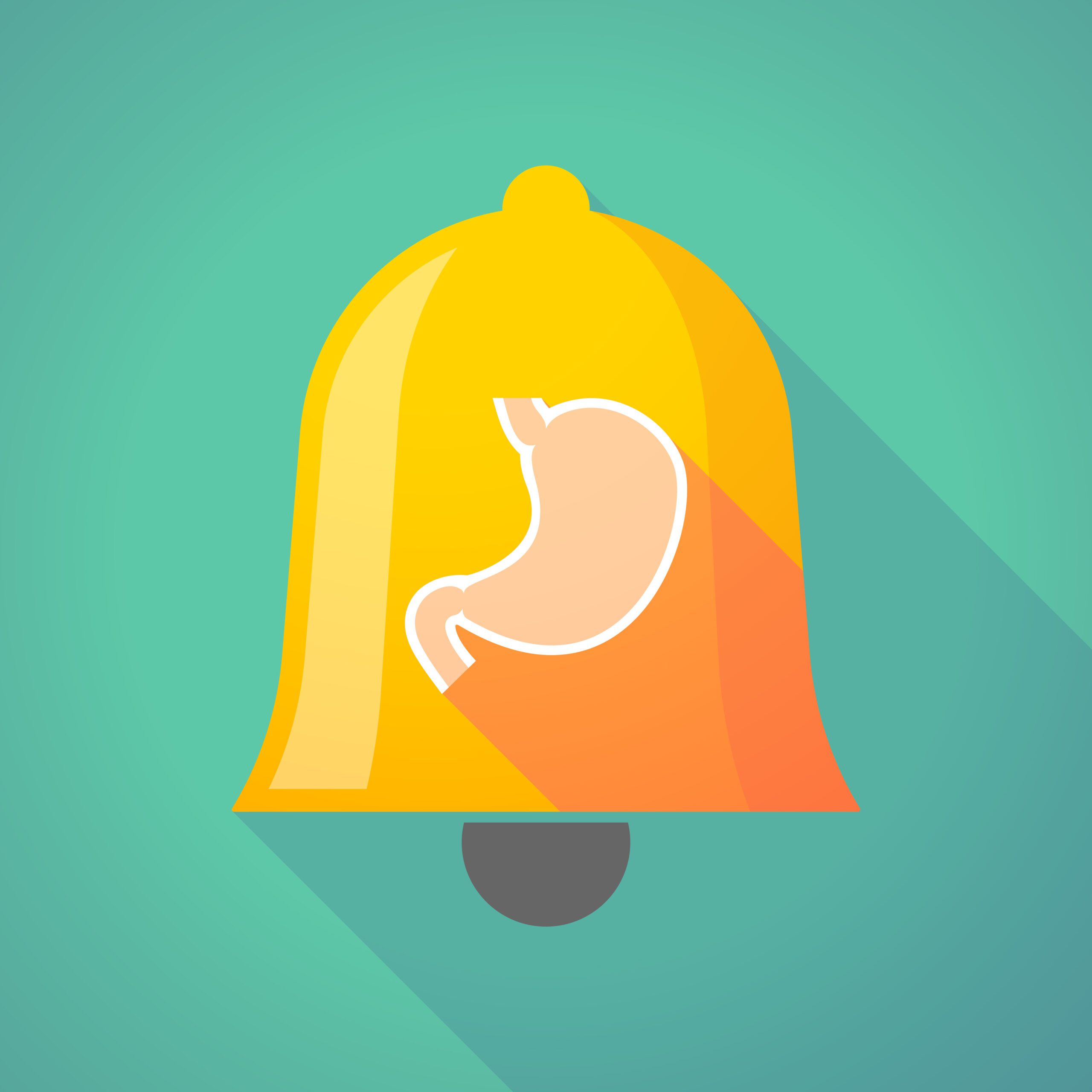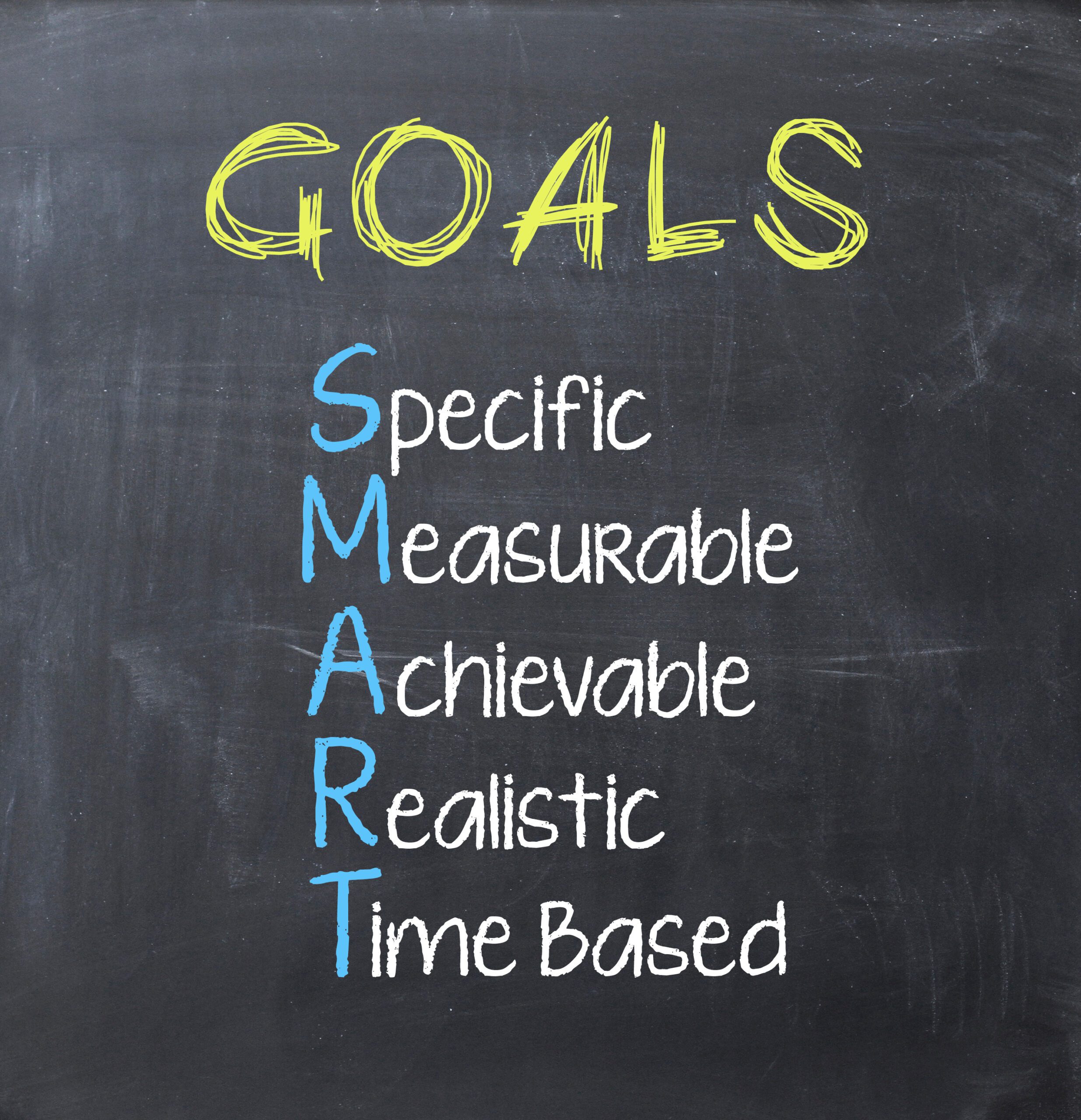Why Suppressing Your Appetite Could Be the Key to Weight Loss
August 29, 2023
 834
834 
Written By: Jack Riess NASM Certified Personal Trainer, Author, and Life Long Researcher of Health and Longevity.
Welcome to a blog that delves into one of the most fascinating corners of health and wellness: appetite suppression.
Now, you might be wondering, why is this so important?
Well, if you’ve ever tried to lose weight, gain muscle, or even just lead a healthier lifestyle, you’ve probably realized that what you eat—or don’t eat—plays a starring role.
And that’s where controlling your appetite comes in!
Imagine your body is like a car.
Just like a car needs fuel to run, our bodies need food.
But what happens if we keep refilling the car’s tank even when it’s already full?
It would overflow, right? Similarly, eating more food than our body needs can lead to weight gain.
So, the trick lies in giving your body just the right amount of food it needs—no more, no less.
Appetite is your body’s way of telling you it needs more fuel.
But let’s be honest: sometimes, we eat not because we’re actually hungry, but because we’re bored, stressed, or it’s just that time of the day when we usually have a snack.
That’s where the concept of appetite suppression comes into play.
By understanding how to manage these “I want to eat” signals, you can better control what goes into your body and when.
This can be particularly useful for weight loss, improving focus, and keeping your blood sugar levels steady.
So, are you curious to learn how suppressing your appetite can offer more benefits than just weight loss?
Want to know who would gain the most from it and when the best time to practice it is?
Stick around as we unpack all the juicy details!

Alright, friends, let’s jump right into the nitty-gritty: appetite and its role in weight management.
Now, you might remember learning about calories in school.
They’re like tiny units of energy that your body gets from food.
Just like you count your money before spending it on something fun, it’s essential to be mindful of the calories you consume and burn.
Picture your body as a bank, but instead of money, this bank deals in calories.
When you eat, you’re making a “deposit,” and when you exercise or go about your day, you’re making a “withdrawal.”
The goal is to keep the bank balance in check. If you deposit more than you withdraw—bingo!—you gain weight.
On the flip side, if you withdraw more than you deposit, you lose weight.
Pretty straightforward, right?
But here’s where it gets interesting: Your appetite is like your bank’s notification system.
It gives you alerts, saying, “Hey, it’s time to make a deposit!” or “All clear, no need to eat right now.”
But just like those annoying app notifications on your phone, sometimes your body sends false alerts.
Maybe you just ate lunch, but you still feel like munching on some chips. That’s your body’s alert system going a little haywire.
The good news? You can manage these alerts!
Understanding your appetite and when it’s genuinely time to eat can make a world of difference in achieving your weight goals.
So, let’s buckle up and explore how to get this amazing built-in notification system working in your favor!

So now that we’ve got a grip on how appetite works, let’s talk about what it means to suppress it.
Appetite suppression is like hitting the “snooze” button on your body’s hunger alerts.
Instead of jumping to eat every time you feel a bit peckish, you learn to wait it out a little.
This doesn’t mean ignoring your body’s signals entirely; it’s more about learning to differentiate between “I really need to eat” and “Eh, I could eat but don’t really have to.”
Why would anyone want to snooze these alerts?
Well, for starters, it can help you stick to a healthy eating plan.
Imagine you’re at a party with a table full of yummy treats.
Suppressing your appetite would make it easier to say no to that second piece of cake or extra handful of chips.
And remember, less unnecessary eating can contribute to weight loss and even better health in the long run.
Important Note: Suppressing your appetite isn’t a one-size-fits-all solution and can be risky if not done right. Especially for folks with medical conditions, kids, and pregnant women, it’s super important to talk to a healthcare provider before making any big changes to how you eat. Your health is invaluable, so be smart about it!

Let’s dive deeper into why you’d want to press that “snooze” button on hunger.
While the first thing that comes to mind might be weight loss, the benefits of appetite suppression actually extend far beyond that.
So, let’s break it down!
First and foremost, controlling your appetite can be a game-changer for weight loss.
Remember our calorie bank? If you’re making fewer “deposits” (eating less), but keep up the “withdrawals” (exercise and daily activities), you’re more likely to lose weight.
It’s simple math!
By not giving in to every hunger cue, you naturally reduce your calorie intake, helping you inch closer to your weight loss goals.
So, it’s kind of like spending less so you can save more—in this case, shedding those extra pounds!
Have you ever tried concentrating on a task but kept getting distracted by thoughts of a sandwich or a piece of chocolate?
It happens to the best of us. Suppressing your appetite can actually help you focus better because you’re not constantly thinking about your next snack.
Just like turning off unnecessary notifications on your phone helps you concentrate, managing your hunger alerts frees up mental space for more important tasks.
If you’re eating less frequently, your blood sugar levels have a better chance of staying steady.
Imagine a roller coaster.
If you eat a lot and then go without food for a long time, your blood sugar goes on a wild ride, up and down.
But appetite suppression helps keep that ride more like a leisurely stroll in the park.
Steady blood sugar levels mean fewer mood swings and more consistent energy throughout the day. It’s a win-win!
Last but not least, mastering the art of appetite suppression can boost your self-discipline.
When you can control your urge to eat, it’s like flexing a muscle of willpower.
The stronger that muscle gets, the easier it is to make healthier choices in other areas of life, too.
Imagine the confidence boost when you realize you have better control over your eating habits!
So there you have it!
Appetite suppression isn’t just about saying no to food; it’s about saying yes to a healthier, more focused, and disciplined you.

Okay, so you’re sold on the idea of appetite suppression.
But here comes the big question: When is the best time to do it?
It turns out, our bodies have a natural clock known as the circadian rhythm.
This clock helps regulate when we feel awake, when we feel sleepy, and yep, you guessed it—when we feel hungry.
Our circadian rhythm generally follows the sun.
That’s why most of us wake up hungry in the morning and may feel less hungry as it gets closer to bedtime.
So, when is the prime time to hold off on those snacks and meals?
Well, it might be easier for some to suppress appetite in the morning when the metabolism is kick-starting for the day.
You’re fresh, you’re motivated, and you’re less likely to cave into cravings.
But for others, evening might be a more realistic time to curb that appetite.
Dinner’s done, and you’re winding down for the day.
The more you can resist those late-night snack temptations, the less likely you are to consume extra, unnecessary calories.
There’s no one-size-fits-all answer, but understanding your body’s natural clock can help you pick the best time for you.
Give both morning and evening a try, and see when you find it easiest to hit the “snooze” button on hunger.

So you’re probably wondering, “Is appetite suppression the right move for me?” Well, different people have different needs and goals, so let’s look at who might find this approach especially helpful.
If you’re someone who has a target weight in mind—maybe you’re an athlete, a bodybuilder, or just someone looking to slim down for summer—then suppressing your appetite could be a powerful tool in your toolkit.
By controlling when and how much you eat, you can make your fitness journey more focused and efficient.
So if you’re training for that marathon or aiming for a six-pack, mastering your appetite can be like your secret weapon.
Are you swamped with meetings, deadlines, and never-ending to-do lists?
For busy professionals, mealtime can often turn into a quick grab-and-go affair.
Suppressing your appetite can help you not only cut back on unhealthy snack choices but also focus better on your work.
After all, fewer hunger pangs mean fewer distractions and more productivity.
It’s like turning off interruptions so you can power through your day.
People who need to monitor their blood sugar—like those with diabetes—may also find appetite suppression beneficial.
Eating less frequently but choosing well-planned, nutritious meals can help maintain more stable blood sugar levels throughout the day.
It’s like having a well-balanced budget instead of erratic spending.
Before we go any further, it’s important to note that appetite suppression isn’t for everyone.
If you’re pregnant, under age, or dealing with specific medical conditions, consult with a healthcare provider before making any significant changes to your eating habits.
Your health is a treasure, and it’s always better to be safe than sorry.
So, there you have it!
Whether you’re an athlete, a busy bee, or someone looking to manage their blood sugar better, appetite suppression could offer some valuable benefits.
Just make sure to check in with a healthcare provider to ensure it’s the right strategy for you.

Alright, you’ve made it this far and you’re excited to unlock the potential of appetite suppression.
But before you jump in, here are some golden nuggets of advice to make sure you get the most bang for your buck.
Start small and aim for achievable milestones. You don’t have to go from zero to hero overnight.
It’s like learning to ride a bike; you begin with training wheels before hitting the big ramps.
So, set goals that are tailored to your lifestyle and capabilities.
Remember, suppressing your appetite doesn’t mean starving yourself.
You still need to make sure you’re getting all the nutrients you need.
Think of your diet as a colorful painting; it should include a mix of proteins, carbohydrates, and vitamins.
That way, you’re not just eating less, but you’re also eating smart.
While suppressing your appetite can reduce your calorie deposits, exercise helps increase the withdrawals.
And when both are in sync, you create the perfect balance for weight management.
So, keep moving—whether it’s a jog, a dance class, or even a brisk walk around the block.

So there we have it, folks!
Appetite suppression isn’t just a one-trick pony; it’s a multi-layered strategy that can bring a host of benefits.
From weight loss and better focus to blood sugar control and self-discipline, mastering your appetite can be a valuable asset in your health and wellness journey.
It’s like having a Swiss Army knife in your back pocket—multi-functional and handy for various scenarios.
Thank you for taking the time to read this blog.
We hope it has provided valuable insights into the world of appetite suppression, and we wish you all the best in achieving your health and wellness goals.
Remember, it’s always smart to consult with healthcare providers for personalized advice.
Stay happy, stay healthy!
>> ZENSEZONE Is committed to introducing pain relief products visit here to know more – https://www.zensezone.com/

A new study suggests that a widely used sugar substitute found in diet sodas, chewing gum, and low-sugar yogurt may elevate insulin levels. This could increase the long-term risk of heart disease. “Artificial sweeteners have infiltrated nearly all types of food, making it crucial to understand their long-term health effects,” said Yihai Cao, senior author […]

Diet Coke has long been a fan-favorite among soda lovers who want a fizzy, guilt-free alternative to traditional soft drinks. While its zero-calorie, zero-sugar label makes it seem like a healthier option, the reality is far more concerning. Despite its undeniable popularity, Diet Coke’s nutritional profile has raised red flags among health experts for years. […]

New study shows that embracing an anti-inflammatory, plant-forward diet can support cognitive function and help reduce the risk of dementia. What You Eat Shapes Your Brain The food you eat doesn’t just impact your body—it also affects your brain. Research suggests that eating an anti-inflammatory, plant-based diet can help improve memory, focus, and overall brain […]